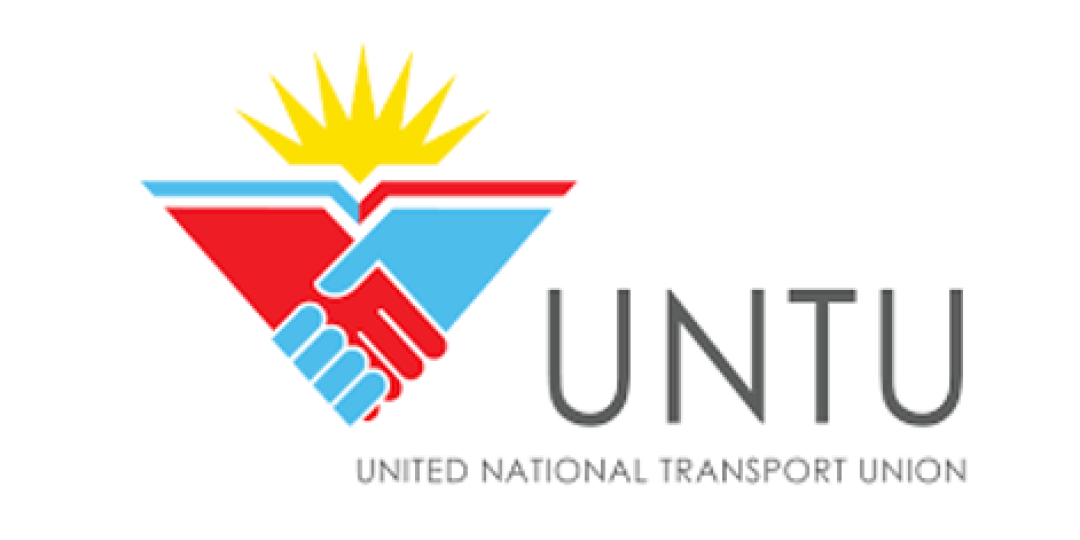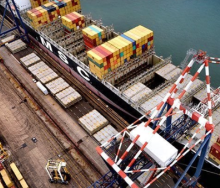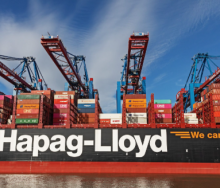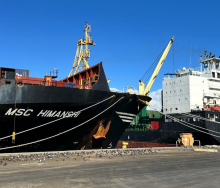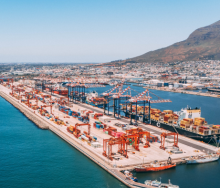The United National Transport Union (Untu) has lashed out at Transnet for its announcement that it has signed a three-year agreement with workers finalising the 20025/6 wage negotiations.
Untu General Secretary Cobus van Vuuren said in a statement on Friday that he had formally written to Transnet Board chairperson Andile Sangqu and group chief executive Michelle Phillips to express the union’s “shock and dissatisfaction” regarding the recent communiqué issued by Transnet.
Van Vuuren said Transnet had sent the notice to all relevant parties, informing employees that the wage agreement signed between it and the minority union, the South African Transport and Allied Workers Union, on March 26, would take effect from April 1, with salary increases to be processed on April 25.
Van Vuuren said his letter to the ports and rail operator served as “a formal reminder that Untu, as the majority trade union at Transnet, did not sign the agreement and that we have declared a deadlock”.
“As the majority union, we will exercise our legal right to declare a dispute of mutual interest,” Van Vuuren said.
“Members and Transnet employees are reminded that Transnet cannot legally implement the wage agreement unilaterally for all the employees, even if Satawu signed as a minority union,” he said.
In terms of the Labour Relations Act, Untu is the majority trade union, and any wage agreement concluded with a minority union such as Satawu could not be binding on Untu members, non-unionised employees or members of any other minority unions, he added.
He said the agreement was only legally binding on Transnet and Satawu members.
“Untu and its members are not party to the wage agreement concluded between Transnet and Satawu, and Transnet has been advised to refrain from implementing any terms of their agreement with Satawu onto Untu members and other Transnet employees,” Van Vuuren said.
He added that Transnet’s communique had served to “undermine” Untu.
“In this communique, Transnet attempts to portray Untu as a union that has acted without a mandate from its constituency. Untu remains a mandate-driven organisation, and the wage negotiations were preceded by a mandate process through all our branches.
“We urge members not to fall for these desperate attempts to undermine the union’s credibility and our commitment to representing workers’ interests.”
He said he had called on Transnet to confirm in writing that the wage agreement would not be applied to its members without its consent.
“Failure to provide such confirmation will leave Untu with no choice but to pursue other available legal remedies available to us,” he said.
Transnet told Freight News on Monday that it had noted Untu’s “public utterances” regarding the implementation of the wage agreement it had signed with Satawu.
“It is unfortunate that Untu chose to publish a confidential letter addressed to the chairperson of the board before affording him an opportunity to provide a response,” Transnet said.
However, it said Sangqu had subsequently replied to the union.
“We believe that concerns raised by Untu should be addressed through the established negotiation framework as dictated by South African labour law and collective bargaining practices which have been set up to create a conducive environment for fair and mutually acceptable agreements,” Transnet added.
“It is therefore imperative that all parties adhere to the stipulated procedures which outline their respective rights and obligations. The collective bargaining structures are designed to create a stable and fair environment for resolving labour disputes.”
Transnet added that it was committed to fostering a collaborative relationship and structured dialogue with labour unions.
